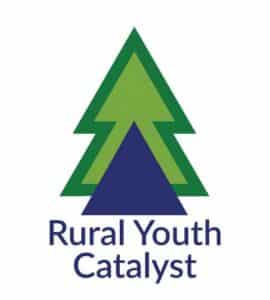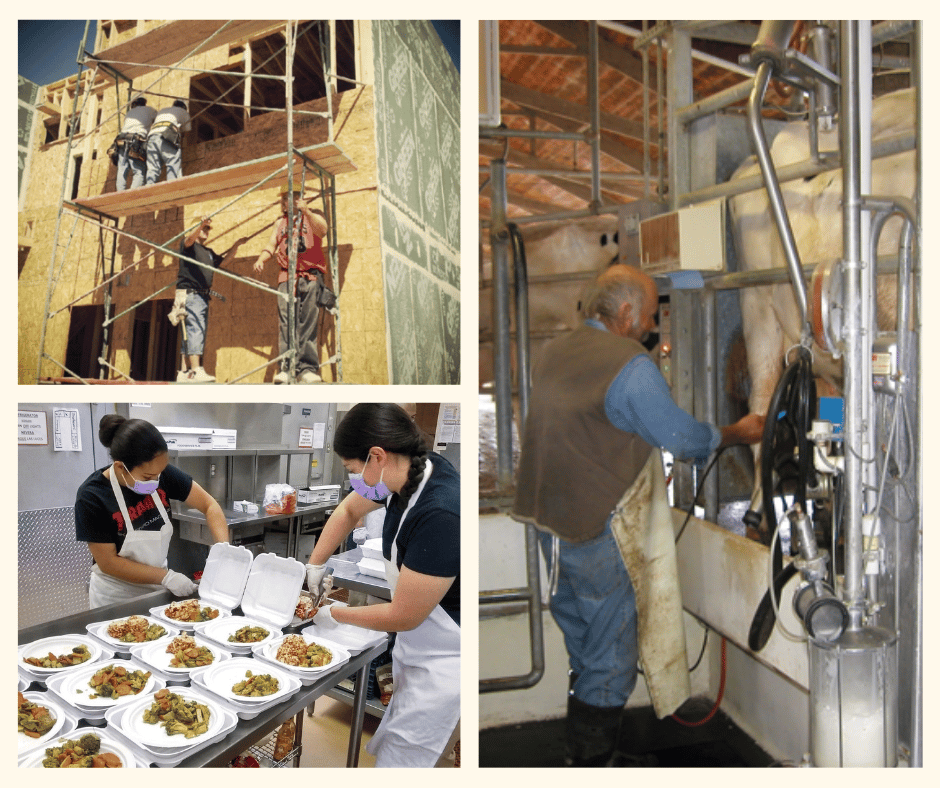
Work-based learning and apprenticeship: The challenge of being rural
Rural Youth Catalyst is pleased to announce the release of two new papers written in partnership with Jobs for the Future (JFF): Registered Apprenticeship and Work-Based Learning: Challenges and Opportunities in Rural America and Building Effective Employer Partnerships: Creating Rural Work-Based Learning Opportunities for Young Adults.

By Kathy Moxon, Co-Founder, Rural Youth Catalyst
Apprenticeship presents a powerful strategy to connect jobseekers to family-supporting wages and career advancement opportunities. While there has been significant funding dedicated to the development of registered apprenticeships over the past several years, rural communities and especially rural young adults have largely not benefited. What will it take to position rural people and places to take better advantage of future investments for the development of work-based learning opportunities and the apprenticeships?
The characteristics of what makes a place rural—low population density, weak economies, inadequate transportation options and the distances between home, education/training, and work can be daunting to navigate. These, along with the lack of critical infrastructure—both physical and institutional—pose challenges to creating robust work-based learning opportunities including Registered Apprenticeships and call for solutions different from those used in urban communities.
Apprenticeships are not new, and in rural communities were historically informal, with young people following a parent into their place of employment. It was common, if not prevalent, to start at the bottom as unskilled laborers and gradually worked their way up the employment ladder over decades, many times with the same employer. Parental role models provided a road map for future employment, but this is less often the case today. This shift, along with a loss in vocational exposure and guidance in schools, is leaving young people unclear about the job opportunities and career pathways available to them.
Work-based learning including apprenticeships aren’t impossible to create in rural communities, however, they do require an appreciation for the challenges they present to small employers, strong partnerships across the education to employment continuum of organizations and large doses of patience and persistence.
We had a lively conversation about Work Based Learning in a Rural Context with guests Amanda Bastoni (cast.org), Cathy Taylor (chybacharter.com), Kara Johnson (heartoforegon.org) and Myriam Sullivan (jff.org) hosted by our own Kim Phinney in June of this year. For more insights into the challenges and potential solutions in creating work-based learning opportunities, including apprenticeships, in rural communities read Registered Apprenticeship and Work-Based Learning: Challenges and Opportunities in Rural America developed by Rural Youth Catalyst in partnership with JFF.
We are always interested in hearing about innovative approaches from rural communities. If you have a program or idea to share, drop us a line. We all benefit from sharing our experiences and knowledge.
Rural Youth Catalyst aims to strengthen and create opportunities that allow rural and Native youth to realize their hopes and dreams while remaining in or returning to their communities.
Collaborate with us: For additional information about Rural Youth Catalyst or to collaborate with us please contact Co-Founders, Kim Phinney and Kathy Moxon. They can be reached at [email protected] and [email protected].







